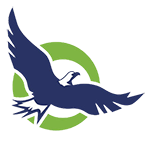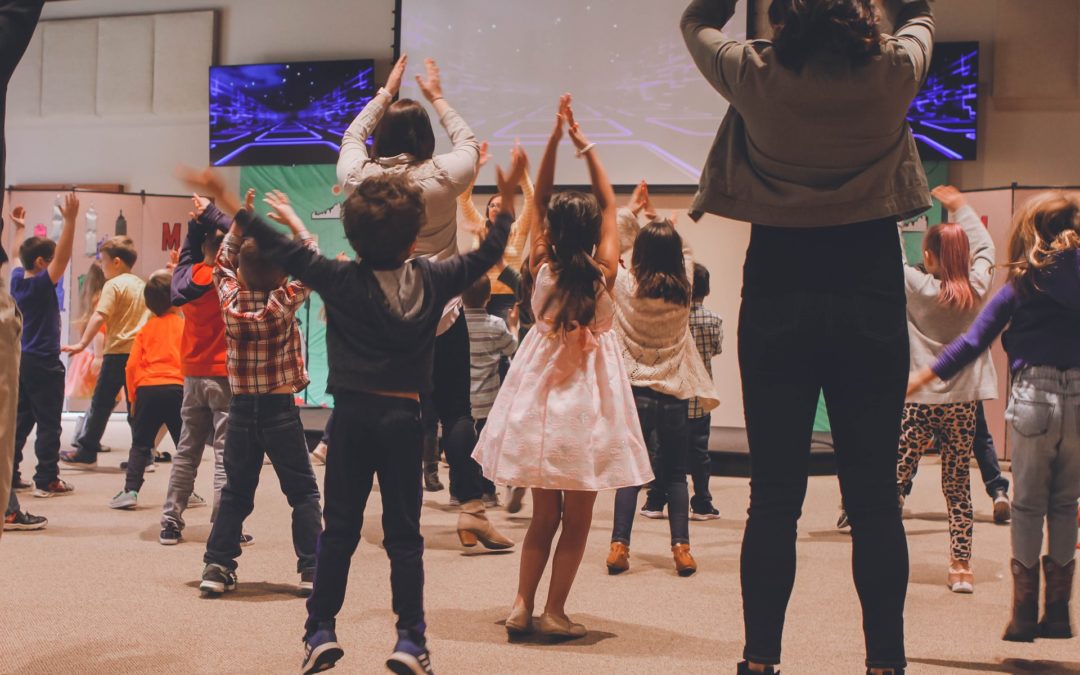activities occurs several times throughout the week requiring students to work together to solve a problem; the objective of the exercise maybe to develop improved communication skills, teaching methods of problem solving or fostering creative thinking skills. Other experiences are designed to develop leadership, flexibility, social skills, responsibility and adaptability. Quest also integrates some of the information, media, and technology skills through the use of video game making week and movie making week, as well as, creativity, collaboration, communication, innovation etc. Leadership is highly encouraged within our program as campers develop the necessary skills and confidence and their abilities. Quest Camp uses experiential learning through the games, activities, and social interactions to develop the skills they will need to flourish and succeed in the 21st Century workplace and their lives. [1]
2. Have clear safety policies and procedures–All good, safe camps have many policies and procedures to provide a good environment for children. We are accredited by the American Camp Association (ACA) as one way to help us with this process since this helps us to make sure we have policies in place and support regarding many areas including hiring practices, on-going staffing, maintaining a safe environment, transportation, food preparation, rental procedures, etc.
3. Having structure built into the camp day–Having a clear structure and vision built into the camp day and summer is important for all campers to be successful. This is crucial though for children with special needs to be successful. It will be important to ask what types of day-to-day structures a camp has in place to support children. This can include what a typical day looks like, are there any down times, are there any visuals used, how do they handle transitions and front loading, do they structure social settings or are kids left to build their own social networks, etc.
There are also areas in which therapeutic camps are different than typical camps in order to directly serve there specific clients. These can include:
1. Staff ratios and staff expertise and training to handle camper difficulties and skill development–Therapeutic camps tend to staff much higher than typical camps to support the needs of their campers. Our 4:1 and 6:1 ratios tend to be double and triple the rates of other camps. Other camps for kids with different service needs might provide a 1:1 or a 1:2 ratio to provide a good camp experience. Our goal as camp directors is to provide a great camp experience for children. Regarding staff experience and expertise, the level that therapeutic camps hire is typically different than some other camps. While places like a sports camp or robotics camp might have people with specific technical skills, often camps will hire some camp counselors who are under age 18. This is typically not true in a therapeutic setting as we tend to hire people with years of college experience, with some exposure to certain fields such as teaching or mental health, and often with graduate school experience. One great thing I have seen in recent years across ACA accredited camps is that there has been a higher focus by typical camps to better support children with special needs. For example: at our last conference there were multiple workshops related to how to best support campers with differences that were well attended.
2. Mindset of camp program–Where I can’t speak for other therapeutic programs, but I can say for Quest our mindset is that we want to put our campers in environments that create experiential learning situations that are challenging so that they can be engaged in high-level activities while we support them in building skills in the moment where they are trying to use skills. This is effective because we provide encouragement and reinforcement for trying new things in the moment in which they can actually try the new skill out. For example: we see a camper trying out an unsuccessful way to engage a peer in conversation so we will give him an exact phase or social nicety that he can do instead and provide reinforcement for using it. The next day we will continue to reinforce this and then move toward reinforcing him for doing this behavior independently. Often, our campers will do this because our campers depserately want friends, but are missing subtle components to make this happen and need real examples in the moment to put the pieces together. The combination of providing high levels of support and reinforcement, plus having success experiences often bridge the gap for our campers.
3. Design camp with the camper with special needs directly in mind-There are ways you design a camp in every aspect when you are working to set a child with special needs up for success. For example: a child who might have difficulties with processing information, with impulsivity, following directions, who is apprehensive to try new things, and who has difficulties with emotion regulation and cognitive inflexibility when something doesn’t go their way there are about a thousand things you do to successfully set the stage for this child to have a successful day at camp from the moment that they arrive to the moment they leave for the day. When I am asked how a therapeutic camp is different than a typical camp–this is truly the crux of it. There are amazing mainstream camps where some of my campers can still have great camp experiences (some with very little support). Others will not make it or their parents will be called a lot of days for times when their camper’s struggles when someone else got to be first in line, they lost in a game, they misunderstood a social cue and had trouble letting something go, etc. At Quest, the difference is our entire day is set to feel fun and engaging for our kids so that they can learn and have a good time and have it feel like camp, but really our mission is very solid in that our goal is to make every moment therapeutic for our campers so that they build real skills for all 32 hours a week that they are at our program. Those skills are individualized and targeted specifically to the kids that we specialize in providing services to. In addition, our therapeutic program isn’t an afterthought or something that we have thrown in for a couple campers to try an include them…our entire program was designed by specialists in mental health and occupational therapy with them in mind. That is the difference of a therapeutic camp versus a regular camp. I have been a licensed psychologist for 14 years and am a behavior analysis who does continuing education every cycle related to my specialties related to best serving children in my specialties (ADHD and high-functioning autism) and then also have a focus to run a great camp. Our goal is always for a camper to come to us as a “place to soar” and get the skills they need so that then they can then go to a typical camp and truly access the curriculum there in a bigger way.
Whether you choose a therapeutic camp or a typical camp this summer, hopefully these focus areas will give you food for thought and help you ask your camps some additional follow up questions in areas such as safety, policies, structure, accreditation, plans to support your child’s needs, etc. to help ensure that you have a great summer. Again, I have had the privilege to meet so many amazing directors across the country who are committed to bringing great, summer learning programs to kids so have an amazing summer!
[1] Cited from our own March, 2014 newsletter written by previous Assistant Director, Nicole Wurm, from her thesis at California State Fullerton.

